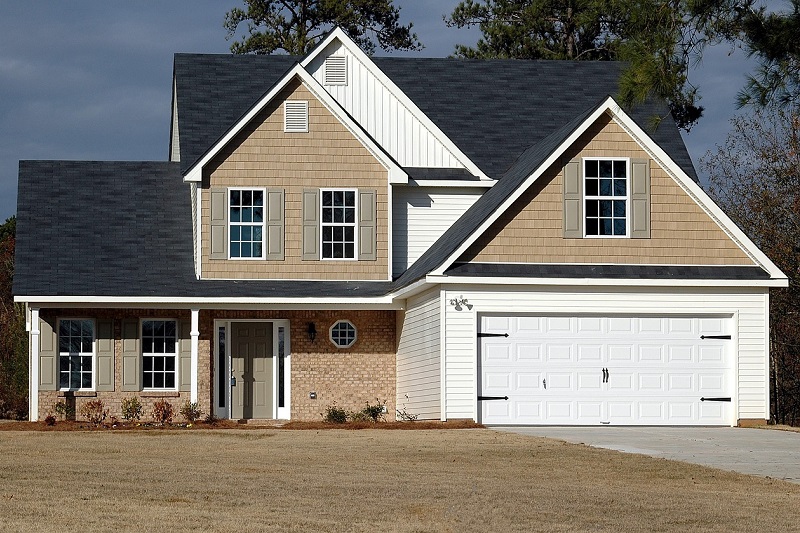Pricing a home before putting it on the market is crucial – especially if you’re hoping to sell a house fast. If you put the price too high, it may sit unwanted on the market for a long time without receiving any offers. On the other hand, if you price it too low, you may lose out on potential profits. In order to strike the right balance, it is important to consider various factors when determining your home’s price. Check out how you should price your home before putting it up on the market here.
1. Research Comparable Properties
One of the first steps you should take when pricing your home is to research comparable properties in your area. Look at homes similar in size, age, and location to your own, and take note of their list prices. You can use online real estate websites, such as Zillow or Redfin, to find this information. After all, you don’t want to price your home too much or too little. You want to ensure your property reflects the value it’s worth to attract home buyers.
2. Consider the Condition of Your Home
You must give a realistic look at the condition of your home. The state of your home is another important factor to consider when pricing it since it can influence a buyer’s decision. Homes that aren’t in the best shape are sure to deter potential buyers since they give the impression that it’s old and needs repair. However, if your home is in excellent condition, with updated appliances and finishes, you can list it for a higher price than a similar home that requires repairs or renovations.
3. Take Into Account the Local Market
It is also important to consider the local market when pricing your home. You may think this is similar to conducting research, but this is more along the lines of understanding the state of the housing market. For instance, understanding whether the housing market favours sellers or buyers. Depending on the market preference, you may need to readjust your approach to selling your home. If the market is hot and there are few homes available for sale, you can list your home for a higher price. On the other hand, if the market is slow and there are many homes for sale, you may need to be more competitive with your pricing.
4. Determine Your Motivation For Selling
Your motivation for selling can also impact the price you set for your home. If you are in a hurry to sell and need to move quickly, you may be more willing to accept a lower price. On the other hand, if you are not in a rush and can wait for the right offer, you may be able to list your home for a higher price. Once you clearly understand your motivations, you can consider what you’re willing or not do to get your home sold.
5. Consider the Cost of Selling
Naturally, if you’re planning to sell your home, there are many important to understand whether you can handle all the costs associated with selling a house. There are various costs associated with selling a home, including real estate commissions, closing costs, and any necessary repairs or updates. It is important to factor these costs into the price you set for your home. All these come together to help you determine whether the cost of selling is worth it to you.
6. Get a Professional Opinion
Finally, it is a good idea to get a professional opinion on the price of your home. A real estate agent will have a wealth of experience and knowledge about the local market and can provide valuable insights on the right price for your home. They can also help you navigate the negotiation process and guide you through selling your home. Pricing your home before putting it on the market is a crucial step in home selling. It is important to consider various factors, including comparable properties, the condition of your home, the local market, your motivation for selling, and the cost of selling. By carefully considering these factors, you can set a fair and competitive price for your home and increase your chances of a successful sale.




